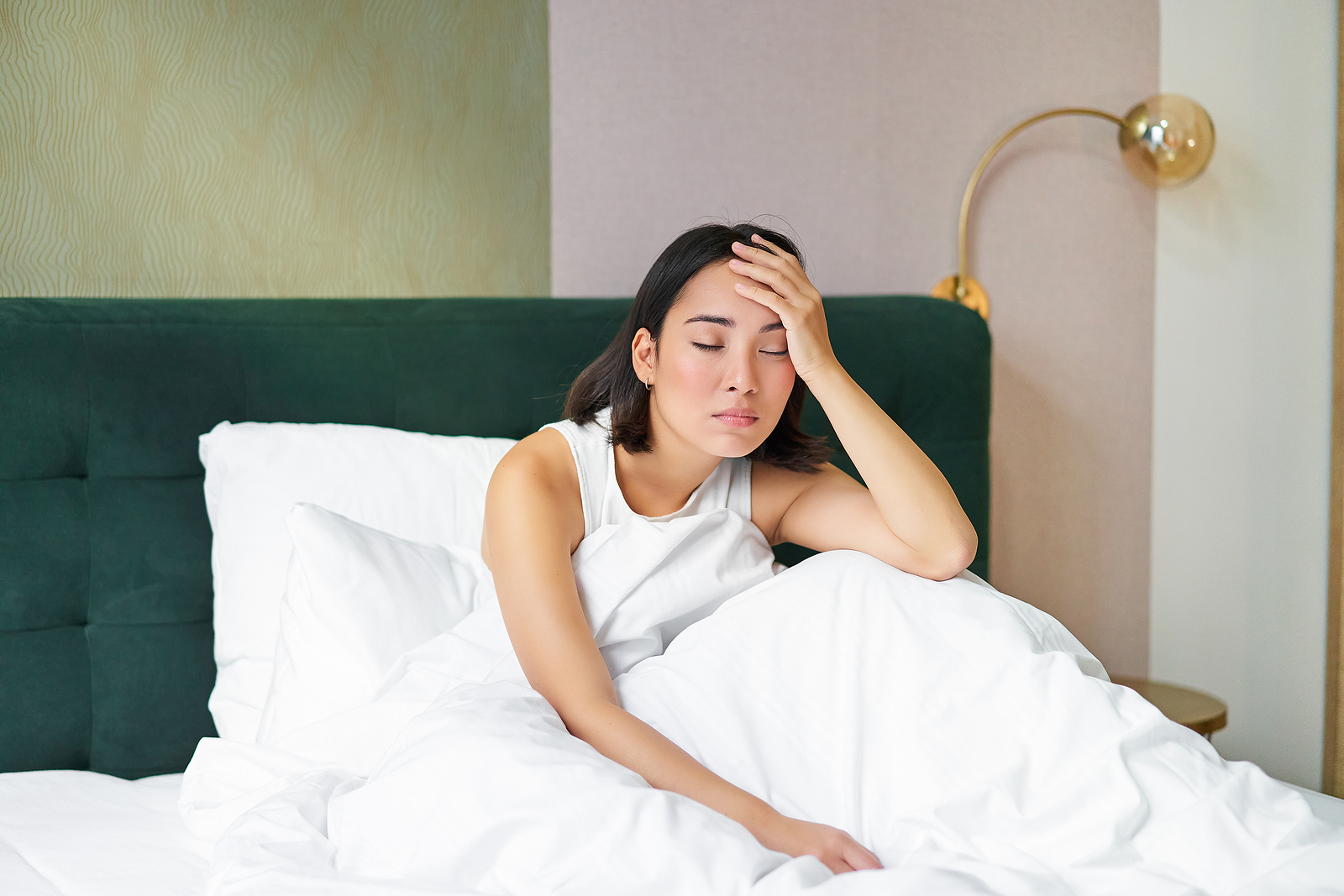Sleep is just as important to your health as diet and exercise, yet an estimated 50 to 70 million Americans live with ongoing sleep disorders. It’s not always easy to know if you’re simply a “night owl” by nature or if you’re dealing with something more serious, like insomnia or Delayed Sleep Phase Syndrome (DSPS).
Understanding the differences can help you spot red flags early, improve your sleep, and know when it’s time to talk with a professional.
Related Blog: 5 Medical Issues Adjustable Beds Can Help With
What Does It Mean to Be a Night Owl?
A night owl is someone whose natural preference is to stay up later at night and wake up later in the morning. Night owls often:
-
Feel more alert and productive in the evening
-
Struggle to wake up early
-
Experience morning grogginess that improves as the day goes on
Being a night owl isn’t a sleep disorder; it’s simply a chronotype (your body’s natural rhythm). For many people, it’s harmless. However, problems can arise when late nights clash with early work or school schedules. If fatigue continues well into the day or affects your performance, it may be more than just a preference.
What Is Delayed Sleep Phase Syndrome (DSPS)?
DSPS is a circadian rhythm sleep disorder
that shifts your body’s internal clock later than normal. Unlike night owls who choose to stay up late, people with DSPS find it nearly impossible to fall asleep earlier even if they’re tired.
Common symptoms include:
-
Difficulty falling asleep at a typical bedtime
-
Trouble waking up in the morning, even after a full night’s rest
-
Severe daytime drowsiness and fatigue
-
Mood or concentration issues
Who is most at risk? DSPS often shows up in teenagers and young adults, though it can persist into adulthood. If untreated, it can interfere with work, school, and overall health.
Understanding Insomnia
Insomnia is one of the most common sleep disorders, affecting about 30 million Americans. Unlike DSPS, insomnia isn’t just about when you fall asleep, it’s about whether you can sleep at all.
Types of insomnia include:
-
Onset insomnia: trouble falling asleep
-
Maintenance insomnia: difficulty staying asleep
-
Early-wake insomnia: waking up too early and not being able to fall back asleep
Insomnia may be short-term (triggered by stress, travel, or illness) or chronic (lasting 3+ nights per week for several months). Causes range from stress and anxiety to medical conditions, poor sleep hygiene, or even an uncomfortable sleep environment.
Night Owl vs. DSPS vs. Insomnia: Key Differences
Here’s a quick way to tell them apart:
-
Night Owl: Natural preference for staying up late; morning grogginess improves as the day goes on; generally doesn’t cause severe daily impairment.
-
DSPS: Circadian rhythm disorder; body clock is shifted later; causes significant difficulty waking up and persistent daytime fatigue.
-
Insomnia: Trouble falling asleep, staying asleep, or waking too early; can occur at any time of night; reduces overall sleep quality.
How to Know When It’s More Than Just a Preference
It may be more than “just being a night owl” if you notice:
-
Ongoing fatigue that lasts all day
-
Problems with work, school, or relationships due to sleep issues
-
Mood changes, anxiety, or depression tied to poor sleep
-
Memory, focus, or concentration struggles
If your sleep habits are starting to interfere with your health or daily life, it may be a sign there’s more going on beneath the surface.
What You Can Do Next
Improving sleep often starts with small lifestyle changes:
-
Stick to a consistent sleep schedule
-
Limit caffeine and screen use before bedtime
-
Create a dark, quiet, and comfortable sleep environment
-
Make sure your mattress is supportive and not past its lifespan (usually 7–10 years)
If these adjustments don’t help, consult a sleep specialist. They can diagnose DSPS, insomnia, or other sleep disorders and recommend treatments ranging from light therapy to cognitive behavioral therapy for insomnia (CBT-I).
At Land of Sleep, we know that a good night’s rest depends on more than routine; it also requires the right sleep environment. Our specialists in Sarasota and Venice can help you find the perfect mattress or adjustable bed to improve your comfort and sleep quality.
Contact us today to take the first step toward healthier sleep.





